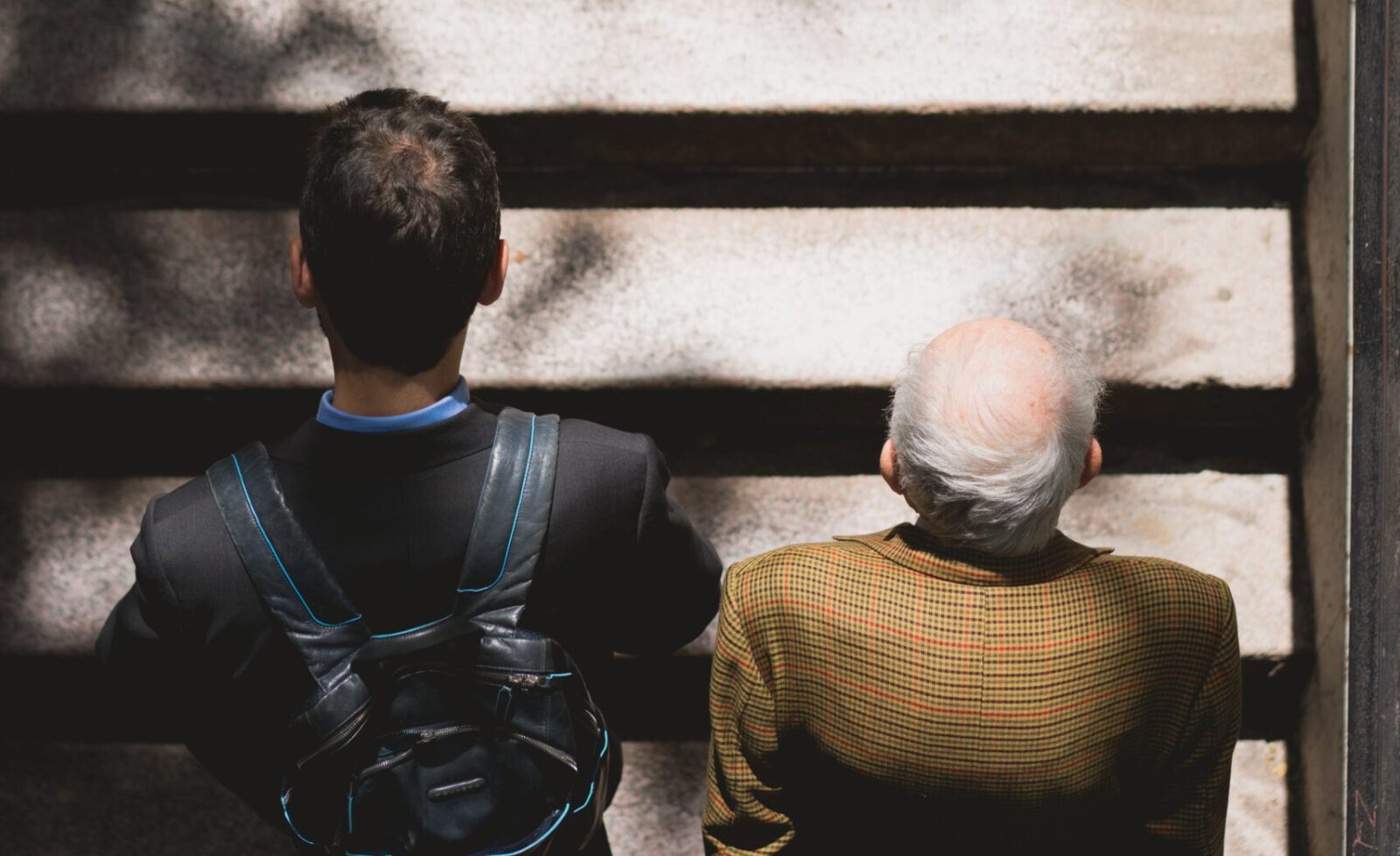My answer to the headline question: I don’t know. But Memorial Day is only ten days away, so it seems an appropriate time to ask about those who may have been victors in their own war on homelessness — or maybe not.
First, some backstory. One reason journalists get a reputation for caring more about publishing than people: We write lots of one-and-done articles. We search for human interest and specific detail. We start stories with a “face,” someone whose personal situation brings to ground-level observation what could otherwise be an abstract story. But then we forget about the person we asked readers to care about.
I’ve been guilty of that, but sometimes I check back after a few years, and am often thankful to learn that God’s grace really does make a permanent change. At other times, though, my search is frustrating. The Gospel Mission was one of my favorite places in Washington, D.C, in 1995, but it closed in 2014 and the Central Union Mission took over some of its activities and records. I asked folks there about four men in particular, but no one knew what had happened to them.
Now, though, some readers of this column interact with homeless people — so what follows is my attempt to put missing person photos on lampposts and see if anyone responds.
One person whose plight touched me in 1995 was Rudy Jones, then 45. Jones had read political thrillers, worked for Hubert Humphrey’s campaign in 1968, and been a production technician at a D.C. television station. Then LSD, speed, and cocaine destroyed him. Jones had scoffed at stories of middle-class people selling their houses to finance drug purchases, but when he took his first hit “the bells were going off in the center of my brain.”
In 1994 he received a check for $1,500 from a public television station and “just went nuts. Didn’t sleep or eat for four days in a row, doing crack all the time. That’s when I realized I needed to do something drastic.” Jones entered the anti-addiction program at the Gospel Mission. His transformation began when he stopped thinking of God as “a bunch of physics laws” and started seeing Him as “a personal entity that man could relate to.”
A year later Jones had changed. To apply Jesus’s parable of the sower, he was not the seed quickly swallowed by birds or choked by thorns. But was he the plant on rocky ground that sprang up quickly yet withered away just as quickly? Or was he on good soil that yielded a hundredfold? I don’t know.
I have a similar question about Jerry Minor, who was 41 in 1995 and had used heroin and cocaine for most of his life. He sold drugs on the streets but did not net much cash in the process “because I was using as much as I was making.” He tried government-funded treatment programs but they didn’t change him. He said the Gospel Mission did: “I started seeing other people accepting the Lord, and realized they were getting better. I wanted some of that because I had tried everything else. And it was the grace of God that finally did it.”
I hope so, but I don’t know. Does anyone reading this know about Jerry Minor?
Third, Willie Wilson, 29 in 1995, not the baseball player but a cocaine-addicted nightclub DJ: “the more drugs I took, the better I felt I was at the turntable, making people dance.” Women tried to change Wilson. When he moved in with one, he stopped drugging for two months. The woman was happy until she found out Wilson had switched to booze big-time and was sleeping with another woman. Fatherhood, steady work, a mother’s love, government detox programs: all worked briefly, none changed him deeply. When I met Wilson he had been at the Gospel Mission for 18 months. Random drug tests showed he was clean. Did he stay that way? Does anyone know?
My fourth set of questions concerns Ferdinand Banks, then 45, with a skin disease that left him hating to look in the mirror. He fought in Vietnam and was a Washington policeman for a decade. He used and sold drugs, gaining a dismissal from the force and some jail time. He spent the next decade in and out of secular anti-drug programs, where he got “a cot, and a blanket, and a shower. That’s it.” His life changed at the Gospel Mission. The Bible tells of God healing skin diseases: Christ did not do that for Banks, but He seemed to cure Banks’s heart disease. Did he? God can fix homelessness: Did He fix these particular homeless men? If you know, please let me know.

